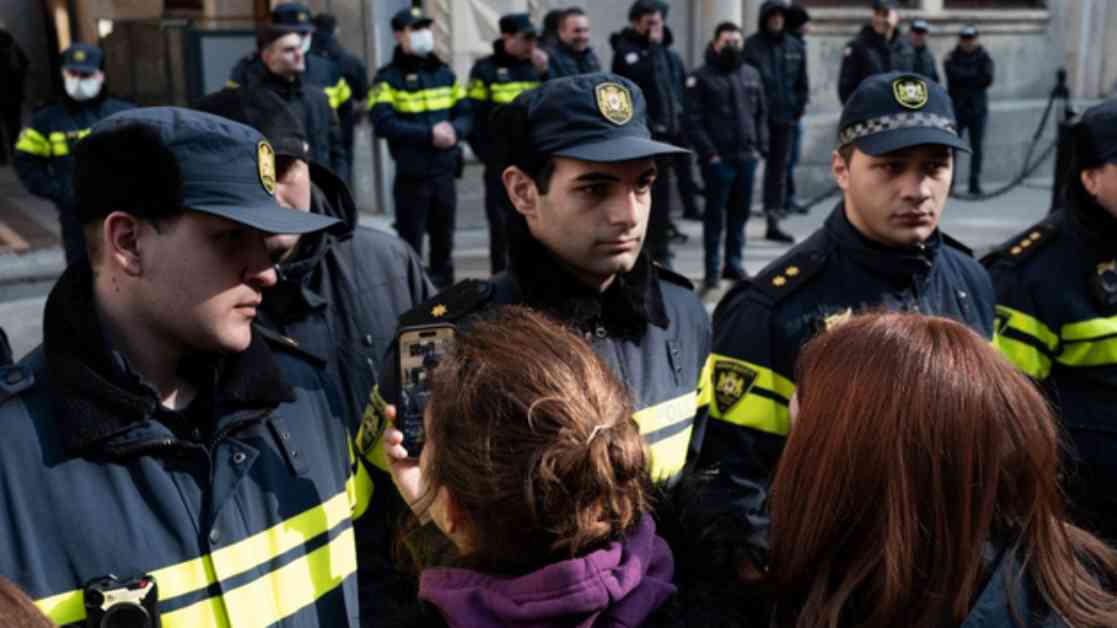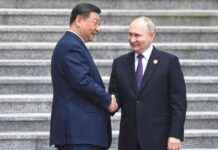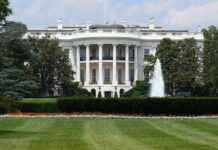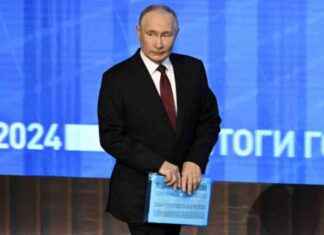Georgia Contemplates Tougher Penalties for Protesters
The political landscape in Georgia is undergoing a seismic shift as the government introduces a legislative package aimed at imposing stricter penalties on individuals involved in protest-related offenses. This move comes in the wake of a prolonged political crisis that has gripped the South Caucasus country, sparking nightly demonstrations since November.
The unrest was triggered by a controversial decision by the ruling Georgian Dream party, which announced the suspension of European Union accession talks until 2028. This abrupt halt to a long-standing national goal has ignited widespread discontent among Georgians, leading to a surge in public protests and calls for political reform.
Rising Tensions and Crackdowns
As the demonstrations gained momentum, they were met with a heavy-handed response from law enforcement authorities, resulting in the arrest and alleged mistreatment of hundreds of protesters. Human rights organizations have decried the crackdown, citing instances of police brutality and arbitrary detentions.
The government, however, has justified its actions by alleging that external forces are at play, seeking to foment unrest and destabilize the country’s institutions. This narrative has fueled tensions and deepened the divide between the authorities and the protesters, as accusations and counter-accusations swirl in the public discourse.
Proposed Amendments and Legal Ramifications
Against this backdrop of heightened political tensions, the Georgian government has put forth a series of amendments that would significantly increase the severity of penalties for various protest-related offenses. These amendments include escalating the length of jail sentences for minor administrative infractions from 15 to 60 days, as well as imposing steeper fines and longer detention periods for offenses such as petty hooliganism and insulting law enforcement officers.
Of particular concern is the proposal to impose harsh prison sentences ranging from five to 10 years for acts of resistance, threats, or violence against police officers. This move has sparked outrage among civil society groups and opposition parties, who view it as an attempt to stifle dissent and curtail the right to peaceful assembly.
Government’s Justification and International Response
In defending the proposed amendments, Mamuka Mdinaradze, a senior lawmaker from the ruling Georgian Dream party, has framed them as a necessary response to external pressures seeking to undermine the country’s sovereignty and stability. While he has refrained from explicitly naming these “external forces,” his insinuations have raised eyebrows and drawn scrutiny from both domestic and international observers.
Notably, the U.S. embassy in Tbilisi has been implicated in the government’s rhetoric, with Mdinaradze suggesting that it has played a role in instigating the protests. The embassy has yet to issue a formal response to these allegations, highlighting the delicate diplomatic tightrope that Georgia finds itself walking amid escalating tensions.
Calls for Dialogue and Political Reforms
Despite the government’s hardline stance and the ongoing crackdown on protesters, calls for dialogue and meaningful political reforms continue to reverberate across the country. Georgians, disillusioned by what they perceive as electoral irregularities and democratic backsliding, are mobilizing for change and demanding accountability from their leaders.
The resumption of large-scale demonstrations, including the recent blockade of a major motorway in the capital, underscores the deep-seated discontent and the simmering discontent that pervades Georgian society. As the political standoff intensifies, the need for constructive engagement and a peaceful resolution to the crisis becomes increasingly urgent.
In the midst of these tumultuous developments, Georgia stands at a crossroads, grappling with competing visions of its future trajectory and the fundamental principles that underpin its democratic governance. The outcome of this struggle will not only shape the country’s political landscape but also reverberate far beyond its borders, casting a spotlight on the delicate balance between security and freedom in the modern era.

















